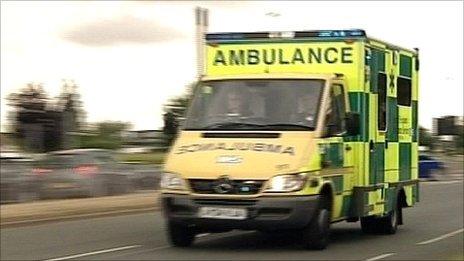Ambulance boss Anthony Marsh claimed £30,000 expenses
- Published
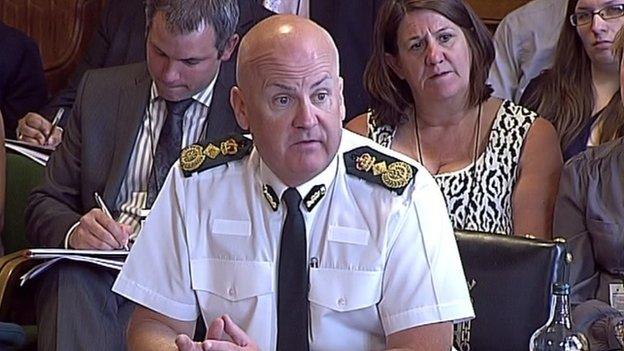
Dr Anthony Marsh took on the role of chief executive of East of England Ambulance Service Chief Executive in January
The £232,000-a-year chief executive of two health trusts claimed up to £30,000 in hotel and transport expenses over the past 16 months, it has emerged.
The BBC has obtained records of 92 hotel stays by West Midlands and East of England ambulance services chief Anthony Marsh.
They included 20 nights at a four-star hotel that cost the taxpayer £4,514.
The ambulance services said Mr Marsh's combined role actually saved £130,000 in public money.
Mr Marsh, chief executive of the West Midlands Ambulance Service (WMAS), took on the part-time role as head of the troubled East of England Ambulance Service (EEAS) in January this year.
'Unacceptably high'
He works three days a week for EEAS and two days for WMAS.
The combined role brought a salary increase of £50,000.
His new role was criticised earlier this month by health minister Dr Dan Poulter, the MP for Central Suffolk and North Ipswich, who described the salary package as "unacceptably high" and said it sent a "very bad message" to front-line staff.
A Freedom of Information request has found Mr Marsh's expenses included 20 nights at the £215-a-night Pullman St Pancras.
This forms part of the more than £13,000 in expenses Mr Marsh has claimed for hotels between July 2013 and now.
He has also claimed more than £10,000 in taxi and car costs and more than £6,000 on train fares.
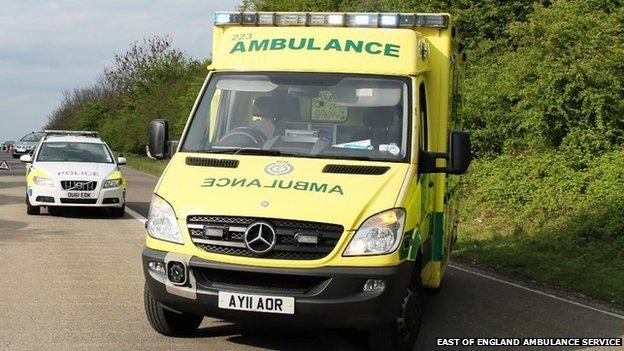
The East of England Ambulance Service says Mr Marsh's appointment has saved the "taxpayer approximately £130,000"
An ambulance services spokesman said: "Like every ambulance service chief executive in England, Mr Marsh spends time in London meeting MPs, other stakeholders, officials from NHS England and working on national projects through the Association of Ambulance Chief Executives.
"As he is currently representing two ambulance services, this work is being delivered more effectively and efficiently for the taxpayer.
"Mr Marsh is currently running two ambulance trusts; he does not receive the salary of two chief executives saving the taxpayer approximately £130,000 on the cost of having a substantive chief executive in each ambulance trust. By comparison, within the same two areas, there are 11 chief fire officers and 10 chief constables.
"As Mr Marsh works several days a week in the East of England each week, it would not make sense to have him travel down on a daily basis and therefore requires accommodation. This is governed by NHS guidelines. The lowest cost is always sought for his overnight accommodation such as using standard government negotiated rates."
- Published4 August 2014

- Published28 January 2014
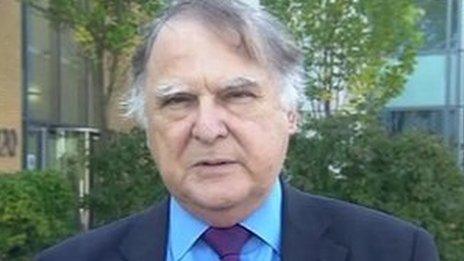
- Published20 September 2013
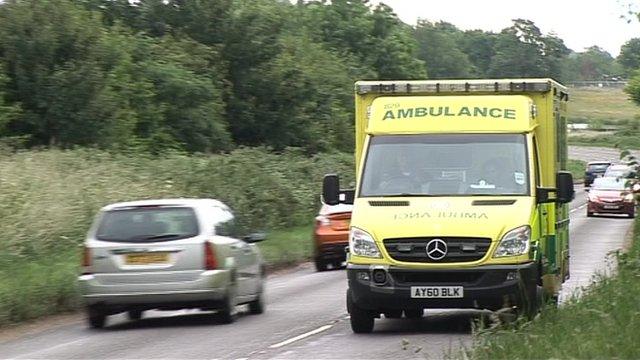
- Published1 August 2013

- Published15 July 2013

- Published28 June 2013
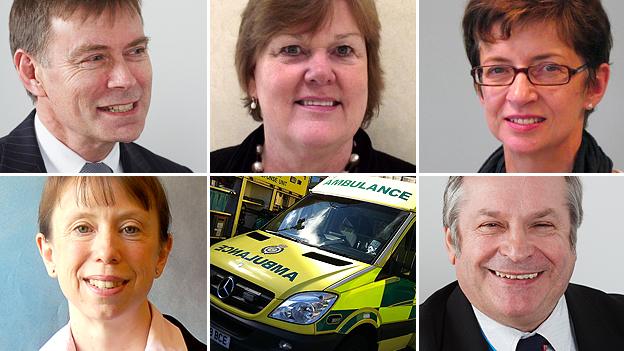
- Published27 June 2013

- Published26 June 2013
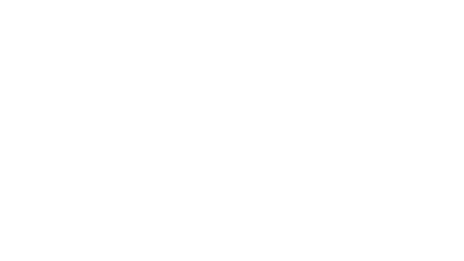
- Published21 May 2013
